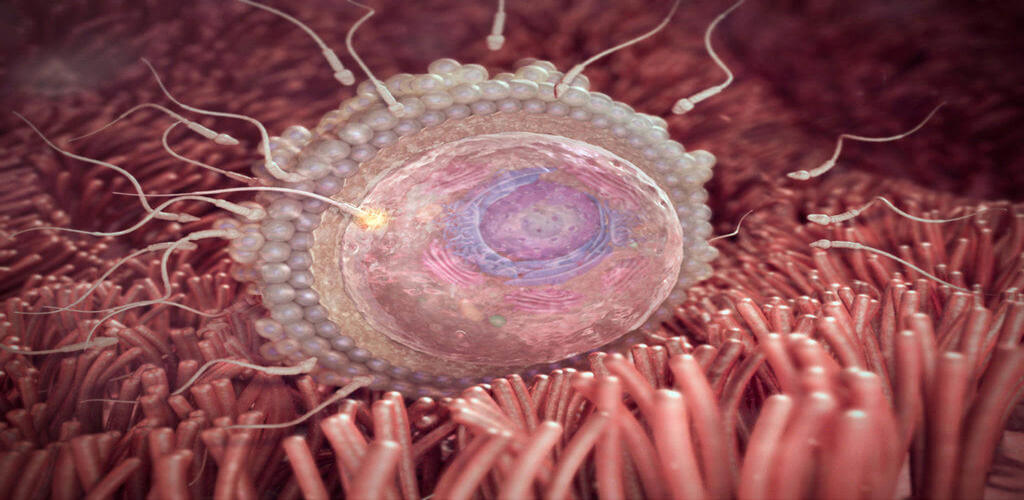1 Week Pregnant: The First Step in Your Journey
Pregnancy is one of the most exciting and important experiences in a woman's life. However, when we talk about being 1 week pregnant, it’s technically before you are actually pregnant. This week is about your body preparing for ovulation and conception, but fertilization hasn’t occurred yet. This is considered the preparatory phase for pregnancy.

Week 1: What’s Happening?
The first week of pregnancy is actually counted from the first day of your last menstrual period (LMP). This is how doctors calculate your due date and track your pregnancy progress. Therefore, during the first week of pregnancy, you are not physically pregnant yet. Instead, your body is preparing for the upcoming pregnancy.
What’s Happening in Your Body?
In the 1st week of pregnancy, your body is going through your menstrual cycle as it gets ready for ovulation. Here are some of the changes your body may be experiencing:
- Hormonal Changes: During your menstrual period, the lining of your uterus is shed. This is your body's way of clearing out the old uterine lining to make room for a new one. Your estrogen and progesterone levels fluctuate during this time and help regulate your ovulation cycle.
- Menstrual Bleeding: You will experience menstrual bleeding, which usually lasts 3 to 7 days, depending on the individual. This bleeding is the result of your uterus shedding its lining from the previous cycle when an egg was not fertilized.
- Preparing for Ovulation: Your body is getting ready to release a mature egg from one of your ovaries. This process is called ovulation, and it typically happens around the middle of your cycle.
Possible Symptoms
Since fertilization hasn't occurred yet during the first week of pregnancy, you won’t have any pregnancy-related symptoms. However, you may experience some common symptoms associated with menstruation:
- Abdominal Cramps: You may feel cramps in your lower abdomen as your uterus sheds its lining. These cramps can range from mild to moderate.
- Fatigue: Hormonal changes and the menstrual process can make you feel more tired than usual. Your body is working hard, so you might need more rest than usual.
- Breast Tenderness: Hormonal fluctuations can also lead to tenderness or sensitivity in your breasts. This is a common symptom during your period.
- Mood Swings: Emotional changes are common due to hormonal shifts during this time. You might feel more sensitive or experience mood swings.
What to Watch For
While you are not yet pregnant during the first week, it’s important to start taking care of yourself as if you are. A healthy lifestyle from the very beginning can lay the foundation for a healthy pregnancy. Here are some things to focus on:
- Nutrition: Start eating a well-balanced and nutritious diet. Make sure you're getting plenty of fruits, vegetables, whole grains, and lean proteins. These will help prepare your body for pregnancy.
- Hydration: Drink plenty of water to stay hydrated, especially during your menstrual period. Staying hydrated is essential for overall health and helps your body function properly.
- Rest: Prioritize rest and ensure you're getting enough sleep. Your body needs energy to prepare for ovulation and eventual pregnancy, so getting proper rest is key.
- Avoid Smoking and Alcohol: If you’re planning to become pregnant, it's a good idea to quit smoking and avoid alcohol. Both of these substances can have harmful effects on your future pregnancy.
If You’re Trying to Conceive
If you are actively trying to get pregnant, the first week can be considered a preparatory phase. There are some steps you can take to help your body prepare for a healthy pregnancy:
- Start Taking Folic Acid: Folic acid is crucial for your baby’s brain and spinal cord development. Begin taking a daily supplement of folic acid as soon as you start planning to conceive.
- Consult Your Doctor: If you’re planning a pregnancy, consider meeting with your healthcare provider for a preconception checkup. Your doctor can give you advice on steps to take to ensure you are in good health for pregnancy.
Psychological Preparation
Pregnancy is not only a physical journey but also an emotional and psychological one. Preparing yourself mentally can be just as important as getting your body ready. Maintaining a positive mindset and being patient throughout the process can contribute to a healthy pregnancy.
- Relaxing Activities: Managing stress is essential during the preconception period. Engaging in relaxing activities such as yoga or meditation can help reduce stress and keep you centered.
- Support System: Rely on your partner, family, and friends for emotional support during this time. Feeling emotionally supported can make the process more enjoyable and less stressful.
Conclusion
While the 1st week of pregnancy is technically before conception, it sets the stage for what’s to come. Your body is getting ready to ovulate, and though there are no pregnancy symptoms yet, it’s essential to start preparing for a healthy pregnancy. Every week in this journey brings new changes and challenges, and understanding what’s happening in your body can help you enjoy the process.
Remember, taking care of yourself from the very beginning is crucial to ensure a healthy and successful pregnancy. Listen to your body, pay attention to its signals, and approach each week with care and patience.




